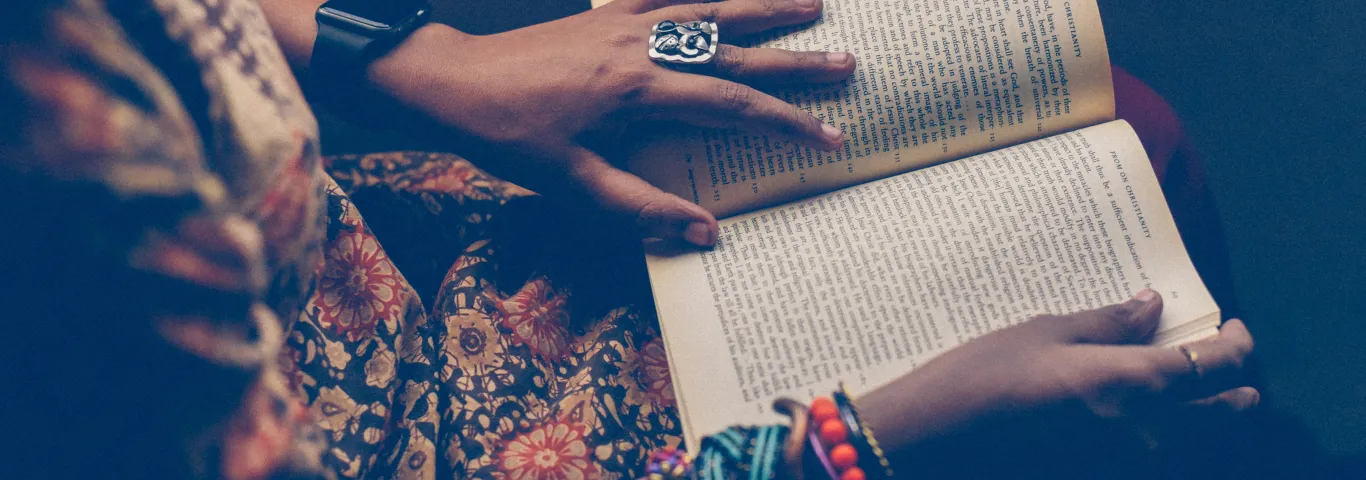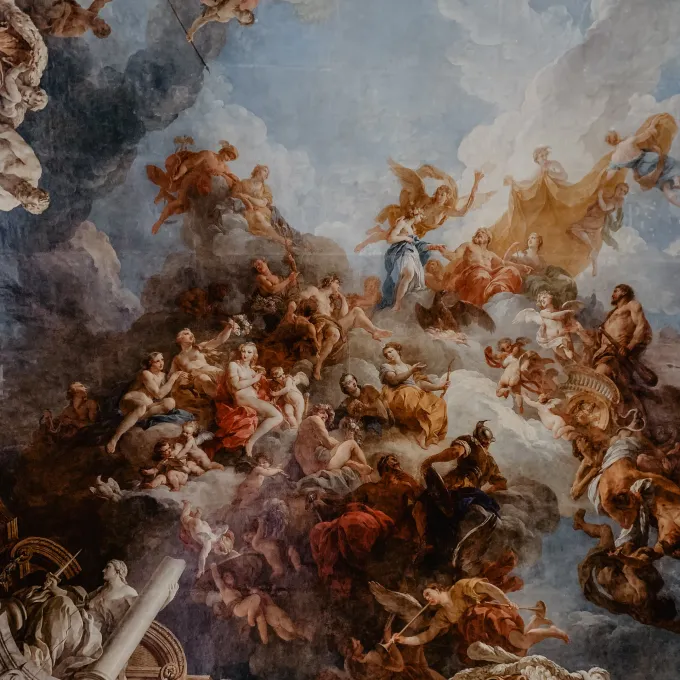When we hear the word hoax today, the terms misinformation and fake news often follow, along with concerns that the very fabric of American society is being destroyed by the internet's ability to cloak falsehood as truth. And yet hoaxes have been around longer than the internet, and often do work beyond the realm of the political. Kevin Young writes in "Bunk: The Rise of Hoaxes, Humbugs, Plagiarists, Phonies, Post-Facts and Fake News" that the hoax is suited to America in a way that other places can only aspire to, with our fake-it-til-you-make-it hucksterism a kind of national ethos. In this course we look at a wealth of hoaxes, from those in art, which are often designed to shake our faith in institutions telling us what is valuable and to ask us to think for ourselves, to those of the newspaper wars of the 1800s, when outrageous scoops about the creatures who live on the moon helped sell papers to readers who were invited to enjoy, if not quite believe, the news. We will examine what we can learn from these historical and contemporary apolitical hoaxes, and how that knowledge can be brought to bear on those we see today, where hoaxes can fray trust in public institutions like the press, the government, and even the university.
This section of College Writing is reserved for participants in the Text & Traditions Ampersand program. Please note: enrollment is exclusive to students participating in this Ampersand program.


